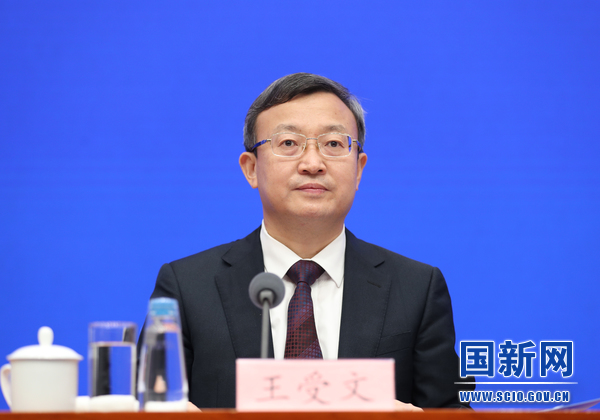China adds new pilot free trade zones amid fresh opening-up efforts
China recently released plans to build pilot free trade zones (FTZ) in Beijing, Hunan province, and Anhui province, bringing the total number of free trade zones nationwide to 21.
By Guo Yiming
China recently released plans to build pilot free trade zones (FTZ) in Beijing, Hunan province, and Anhui province, bringing the total number of free trade zones nationwide to 21.

The State Council, China's cabinet, has also adopted a plan to expand the area of the pilot FTZ in the coastal province of Zhejiang.
The plans outline priorities for each zone and pledge to give greater reform space for them to carry out in-depth exploration and expand opening-up.
The Beijing FTZ will focus on trade in services and explore further opening-up in the service sector. The Hunan zone will push for digital transformation and high-quality development of the manufacturing sector. The Anhui zone will strive to build a new hub for technological innovation through promoting basic research and applied science. The Zhejiang zone will focus on digital economy with fresh efforts to boost the Internet of Things, industrial internet, artificial intelligence, and other new infrastructure projects.
"Building new FTZs and expanding existing ones signaled China's commitment to further opening up as well as its resolve in building a more open economic system for a higher level," said Vice Minister of Commerce Wang Shouwen at a press conference held by the State Council Information Office on Monday.
In 2019, Beijing and the three provinces accounted for 21.4% of the total foreign investment used across the country and 21.7% of the country's import and export values.
Given more reform space and preferential policies, the four FTZs will further release growth potentials and boost high-quality development under a more open economic system, Wang said.
Since China first established FTZs seven years ago, a total of 260 industry practices developed in the zones have been scaled up nationwide as part of the country's effort to further open up its economy.

